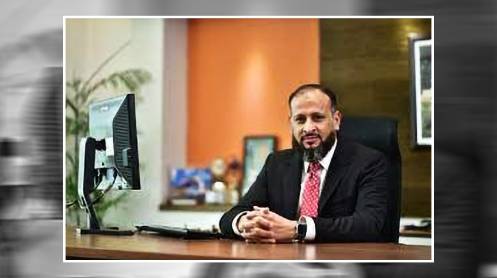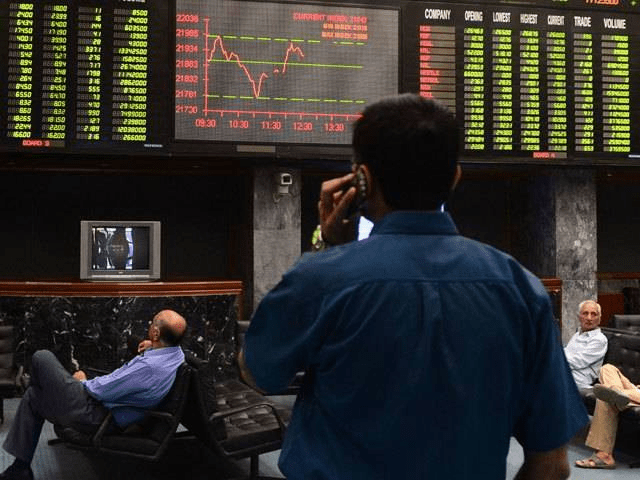Karachi, October 2025: K-Electric (KE) CEO Moonis Alvi has issued a stark warning over what he describes as an unfolding crisis in Pakistan’s power sector, following NEPRA’s recent decision to drastically revise the utility’s determined tariff.
In a detailed statement, Alvi said that after 2.5 years of exhaustive engagement with NEPRA — involving evidence, third-party validations, and multiple rounds of scrutiny — KE’s Multi-Year Tariff (MYT) was finalized and accepted in good faith, despite several downward revisions. The approved tariff allowed KE to post a modest profit of Rs. 4 billion, representing a 3.6% return on equity, well below commercial norms but acceptable for the sake of regulatory stability.
However, within just four months, NEPRA — acting suo motu on petitions from various entities, including the Ministry of Energy — reopened the matter and reduced the determined tariff by Rs. 7.6 per unit, a move Alvi termed “catastrophic.” He noted that the same petitions had earlier been deemed non-maintainable by NEPRA itself.
“Our profit of Rs. 4 billion announced on 23 September 2025 now translates into an Rs. 80 billion loss,” Alvi said. “A financially viable company has been rendered insolvent overnight.”
He revealed that KE currently carries a debt burden of Rs. 260 billion, including Rs. 90 billion owed to foreign lenders, and warned that the new decision breaches all debt covenants, jeopardizing future financing.
Alvi highlighted that KE’s seven-year investment plan worth USD 2 billion — covering critical upgrades in transmission, distribution, generation, and cybersecurity — now faces collapse. The company had been in advanced talks with multilaterals, including the U.S. International Development Finance Corporation (DFC), for long-term financing of USD 600 million, but these negotiations are now in jeopardy.
“Even if these decisions are reversed, the damage to Pakistan’s regulatory credibility as an investment destination is immense,” he added.
Calling for transparency and open dialogue, Alvi proposed holding a webinar or public Q&A session with experts to address key questions regarding KE’s operations, efficiency improvements, and tariff justification. Among his questions:
- Does KE’s tariff compensate for inefficiencies, or for supplying power where it is obligated but not commercially viable?
- Has KE not reduced Aggregate Technical & Commercial (AT&C) losses from 43% to 20%?
- Has generation fleet efficiency not improved from 30% to 43%?
- What savings has the national exchequer gained from these improvements?
- What does the obligation to supply mean if the tariff does not ensure cost recovery?
- What would KE’s performance look like if 450 high-loss areas were removed from its mandate?
- Are these losses due to inefficiency or socio-economic realities beyond control?
Concluding his statement, Alvi warned that the fallout from this regulatory decision extends far beyond KE:
“Irreparable damage has been done not just to K-Electric, but to Pakistan’s power sector reform narrative. With this, we can bid farewell to the dream of DISCO privatization.”







